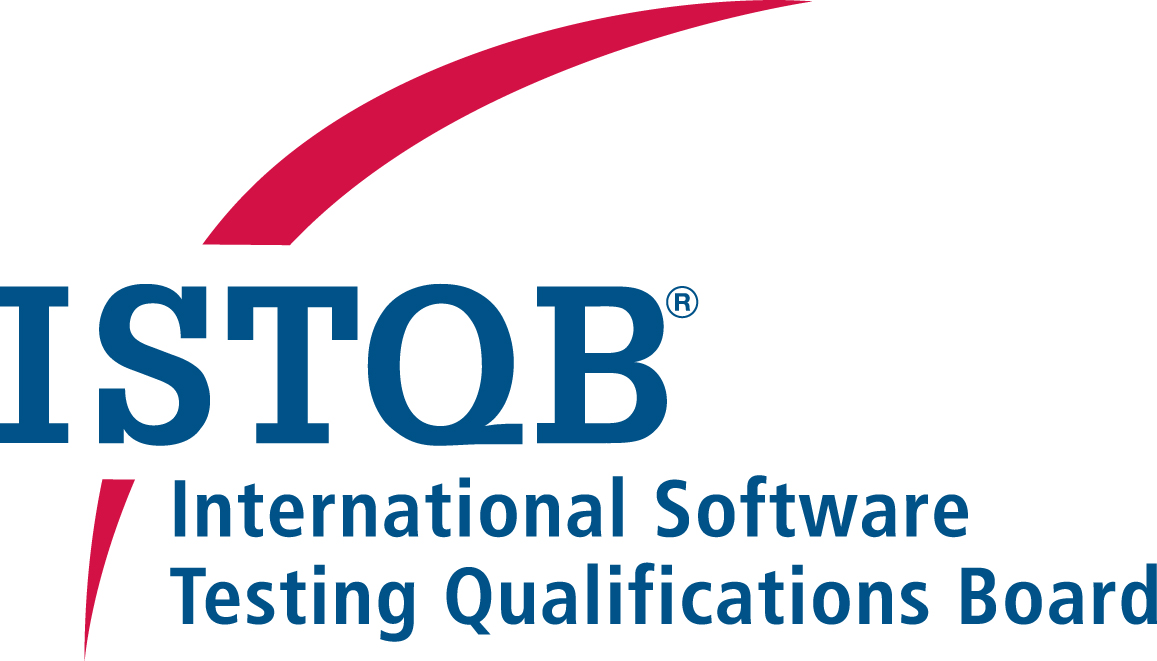Software Testing Certifications – Why all the Hype?
Posted in Certifications
Imagine this scenario: you just found out that you need open heart surgery and you must consult with your doctor. The "doctor" that has been treating you said they have the skills to perform the surgery but you find out that person is not really a certified doctor. So, do you go through with the surgery because the doctor claims to have studied and actually performed open heart surgery before despite a lack of certification? I'm thinking the answer is an emphatic "No." Then why should companies and clients want to hire QA testers to perform "surgery" on their software application without testing certifications?
Some have pointed out that the Software Testing Certification should have no bearing as to the expertise of a software tester, and that hands-on training and work experience are some of the most valuable assets because anyone can memorize their way through a test. Currently, no certification exists requiring a tester to demonstrate their ability to actually test software, nor can certification measure an individual's productivity level, common knowledge or skill set as a tester. But can any certification measure a person's productivity level? People possess other certifications but that doesn't necessarily measure their ability either. So where does this argument stand with Software Testing Certifications?
Certification gives a client confidence that a person/company has the training, skills and experience to do the job correctly. Certification across the board in an organization will group all testers on a level playing field with regards to approaches, terminology, methods and testing principals in general. Therefore, this allows testers to have shared understanding with respect to the organization's testing processes.
Some benefits of certifications are:
- Boosts the reputation of the tester as well as that of the company
- Certified testers possess better skill set to detect more hidden defects in code
- More diverse testing types
- Customer confidence
- Shows a company or client that the tester has determination to achieve higher level of expertise
- Makes individual tester and company more marketable in the job market realm
Some types of Testing Certifications are:
- Certified Associate in Software Testing (CAST)
- Certified Manager in Software Testing (CMST)
- Certified Software Tester (CSTE)
- Certified Software Test Professional (CSTP)
- ISTQB Certified Tester, Foundation Level (CTFL)
- ISTQB Certified Tester, Advance Level (CTAL)
There are basically two types of certification based courses – an Exam Based Certification in which the student studies the materials on his or her own and takes the exam, and an Education Based Certification in which the course is instructor-lead and the student must pass the course. One of the most recognized Exam Based certifications is through ISTQB (International Software Testing Qualifications Board) – Certified Tester, Foundation Level (CTFL). ISTQB is a multi-national body overseeing the development of international qualifications in software testing. By obtaining the CTFL, testers are able to distinguish themselves as a true test professional that possess the knowledge of their field, know how to apply testing fundamentals and have solid testing practices and processes.
In closing, I pose the question: "Why wouldn't a tester want to obtain certification and why wouldn't a company want to employ certified testers?" Many of the professions in our country and abroad require certifications (doctors, lawyers, and teachers) in order to practice their profession. Software testing should be no different.